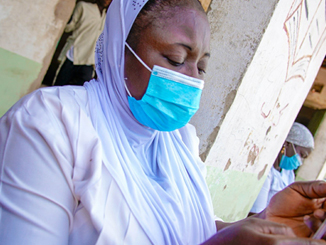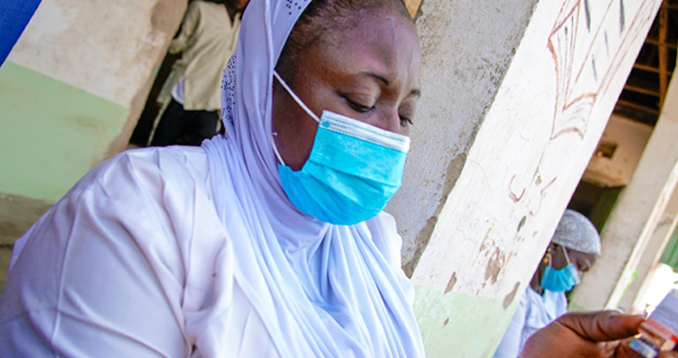

“The COVID-19 pandemic has exposed the fragility of global supply chains, while many countries across the globe have implemented unprecedented travel-related measures,” said Dr Tedros Adhanom Ghebreyesus, WHO Director-General in his speech at the WTO 2021 Public Forum. “While some of these measures may have delayed importation of the COVID-19 virus, they have also come at a high social and economic cost, exacerbating pre-existing inequities,” he said.
“At the same time, they have often hampered the ability of emergency and humanitarian missions and the transport of essential supplies, including vital components for manufacturing vaccines,” said Ghebreyesus.
“This year, we have heard many pledges from the G7, G20 and others on reducing unnecessary trade barriers and improving access to vaccines, diagnostics and therapeutics, but we are still falling far short of what is needed,” he said.
“An uninterrupted supply chain to move vaccines from manufacturing to delivery is vital. But right now, there are many gaps and blockages along the way,” said Ghebreyesus. “Right now, 2.4 billion doses of COVID-19 vaccines are needed to vaccinate the world’s most at risk people: health workers, the elderly, those with underlying conditions and other vulnerable groups,” he said.
“The vaccines exist, but they are still not reaching the people who need them most,” said Ghebreyesus. “This year, Member States at the World Health Assembly called for de-linking travel from trade restrictions during public health emergencies of international concern, with the goal of maximizing the effectiveness of public health measures while minimizing their negative economic impacts,” he said. “This includes facilitating the manufacture and movement of critical medical supplies,” he said.
“An example of the kind of coordination that is needed during emergencies is the end-to-end Supply Chain System, WHO co-lead with the World Food Programme, along with UNICEF and other partners, including in the private sector, to address the urgent supply gaps we faced in the early days of COVID-19,” said Ghebreyesus.
“Together, we procured and shipped more than 1.4 billion US dollars of essential response supplies including vital medical oxygen, personal protective equipment and more than 250 million COVID-19 tests to 193 countries,” said Ghebreyesus. “Investing in multi-sectoral public health supply chains for essential goods can help ensure emergency preparedness, robust response, and affordable access to global medical supplies and equipment,” he said.
Ghebreyesus closed with three priorities. “First, we need to remove unnecessary trade and travel constraints so that we can make vaccines and other vital tools available to those most in need. Second, we need to support the capacities of all countries to roll out COVID-19 vaccines. And finally, WHO looks forward to continuing collaboration with the World Trade Organization and all Member States to lower the barriers to trade and travel during health emergencies”.

Leave a Reply